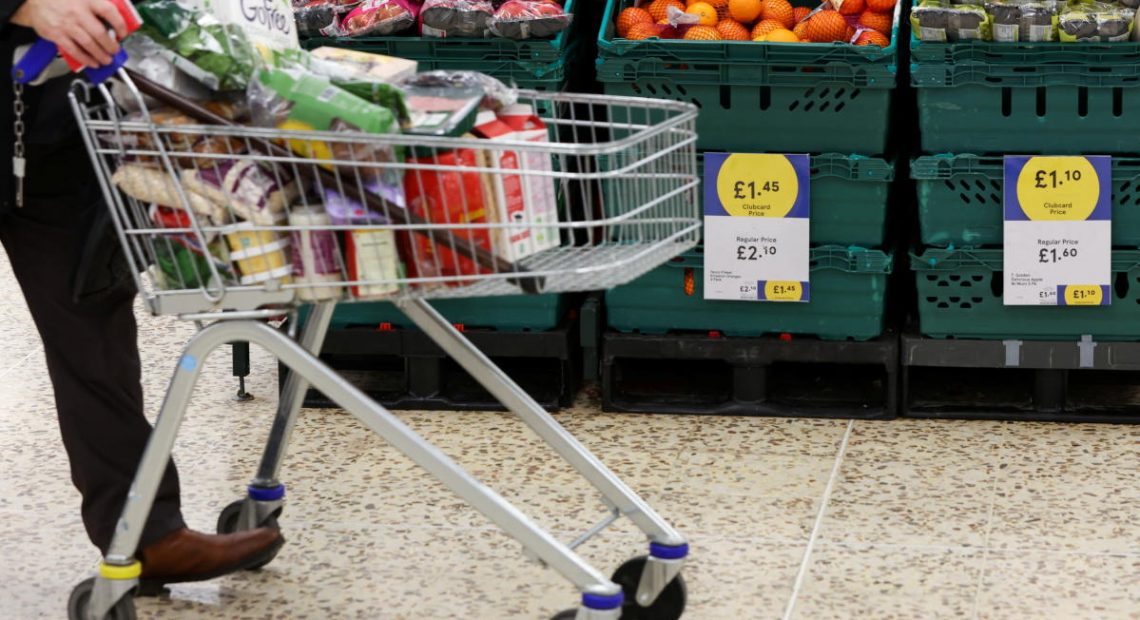“Horrendous new normal”: Millions skip or reduce their calorie intake

According to the Joseph Rowntree Foundation, individuals in Britain are being forced to make hard decisions due to extreme food inflation and inadequate public assistance.
According to a charity, millions of people in Britain are being forced to reduce or miss meals due to the rising cost of living.
According to the Joseph Rowntree Foundation (JRF), it is now the “horrendous new normal” for 5.7 million low-income households to not have enough money for food.
It said that “exceptionally high food inflation” and little government help were to blame, making it hard for individuals with the lowest incomes to choose how frequently they eat and which items they purchase.
It was discovered that almost 7 million families were without necessities like food, heat, or even amenities.
In the meantime, 75% of houses receiving Universal Credit, the UK government’s social security payment, had gone without food or cut back on meals in the previous 30 days.
The results are released ahead of Wednesday’s fresh inflation statistics.
Price rises have slowed down—according to the Office for National Statistics, the Consumer Prices Index increased by 8.7% over the past 12 months as opposed to 10.1% in March—but they are still persistently high.
This is likely to have long-term effects on their family life, money, and health. “The number of low-income households going without necessities, going hungry, and being in arrears has not changed in over a year.”
In April 2023, record food inflation overtook energy prices as the main cause of inflation, reaching 19% during the charity’s poll.
In spite of the fact that Ukraine and Russia are two of the world’s largest producers of wheat, these rises have been attributed to the conflict in the Ukraine, which is also harming crop production.
According to the JRF, 2.3 million low-income households receiving Universal Credit were compelled to alter their food purchases, including switching to less nutrient-dense options.
Nearly 1.5 million low-income households—more than four in ten of those receiving Universal Credit—also had a poor diet, which raises the likelihood of deteriorating health in the future.
The JRF demanded that the government enact a “Essentials Guarantee” to ensure that necessities of existence were covered by public assistance.
According to Rachelle Earwaker, Senior Economist at the charity, “without this, many families face the grim prospect of trying to catch up but never being able to because they are in a spiral of debt, rising prices, and deteriorating health.”
Picture Courtesy: Google/images are subject to copyright
